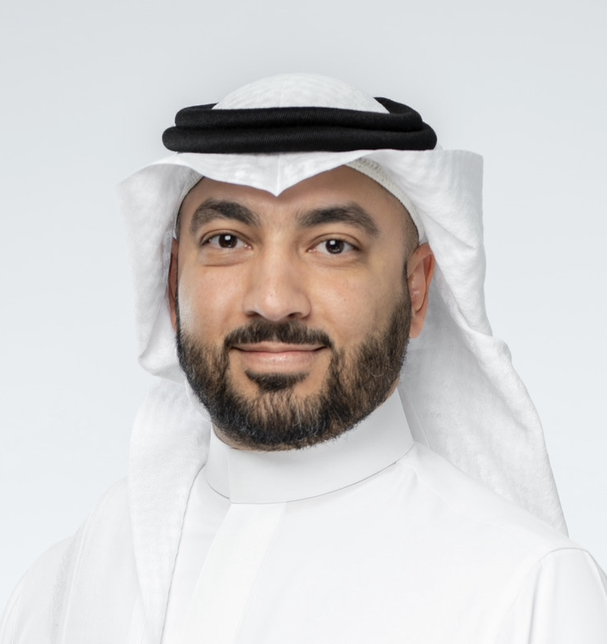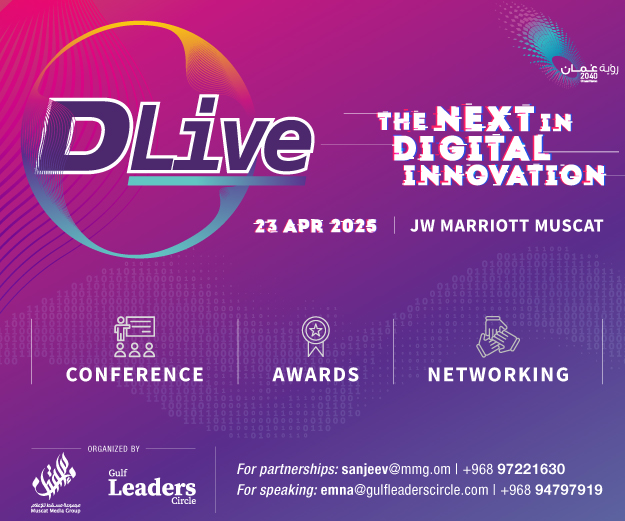
Hasan Hamed
Misk Leader 2030
Hasan Hamed, a Misk 2030 Leader, currently serves as an Advisor at the Research Development and Innovation Authority in Saudi Arabia. His +17 years of career have traversed the private sector, semi-government, consulting industry, and several government entities, a testament to his adaptability and versatility. He has consistently demonstrated his ability to be a major contributor to Vision 2030. Hasan has a BSc in Industrial & Systems Engineering from King Fahd University (KFUPM), and an MBA from Bradford University School of Management. Hasan is also Certified in Advanced Project Management from Stanford University. Hasan had the privilege to work on several transformation projects within Vision 2030.
What initially inspired your pursuit of diverse roles across multiple sectors, from advising government entities to managing project management offices? How do you maintain focus and excel in each new endeavor you undertake?
Hasan Hamed: My inspiration comes from my pursuit of making a difference and creating a positive impact. I consider each role as an “objective” that I need to achieve rather than a “career” that I want to build. With the Saudi Vision 2030, the dynamics of the job market changed considerably, which brings new challenges that I and many other young Saudi leaders have an appetite for.
My inspiration comes from my pursuit of making a difference and creating a positive impact. I consider each role as an “objective” that I need to achieve rather than a “career” that I want to build.
Hasan Hamed
Maintaining focus between these roles is challenging, but it exposes me to different experiences and allows me to meet great people with diverse backgrounds. In each new role, I keep the end goal in mind and dissect the path to the target into manageable steps. Of course, this can’t be done without working alongside wonderful and talented people who are more than happy to work together as a team and achieve success.
The motivation for all this is mainly to please Allah by doing good in this world and being a good person, and then the eagerness to play a big part in the great positive change that is happening in Saudi Arabia with Vision 2030—and beyond—under the ambitious leadership of King Salman Bin Abdulaziz, The Custodian of the Two Holy Mosques, and HRH, The Crown Prince, Mohammad Bin Salman.
With your extensive experience in leadership roles across various domains, could you share a specific example where you successfully led a team through a challenging project or situation, highlighting your approach and the outcome achieved?
Hasan Hamed: A few years back, I engaged in a demanding project under a shroud of confidentiality, preventing me from divulging specifics. I was part of a special team formed by the CEO to achieve the Minister’s new targets. Originally, we planned to tackle the project goals one by one. However, due to changing market conditions, we adjusted our strategy to accomplish all goals simultaneously and in less time.
I oversaw a key part of the project: finding four locations in the Kingdom to set up businesses in just three months. To tackle this, I formed a small tiger team from within the organization. I made sure they understood the project’s main goal and their own tasks. I assured them that I would take responsibility for any mistakes while they would receive credit for successes. They had the freedom to work as they saw fit, with my support whenever needed. We checked in daily and steadily progressed towards our goals.
In an unexpected turn, we not only secured five locations within two months but also devised five innovative approaches to business setup. Through the blessings of Allah, we exceeded expectations, earning commendation from both the CEO and the Minister for our team’s exceptional efforts.
Given your background in industrial engineering and supply chain management, how do you stay updated with the latest trends and technologies in these fields, and how do you integrate them into your work to drive efficiency and innovation?
Hasan Hamed: I earned my BSc in Industrial and Systems Engineering from King Fahd University of Petroleum and Minerals. Often, people mistakenly think this field only applies to manufacturing or industry. However, it actually extends to various systems, like optimizing hospital resources, reengineering business processes in companies, or managing queues at banks.
To keep up with my field, I approach each task as a unique problem to solve. I seek out resources to make my work easier and improve results. These resources include looking at past solutions to similar problems, adopting industry best practices, and consulting with experts in the organization. Hands-on experience is crucial for learning, but I also attend corporate training sessions to stay updated on technical and soft skills.
Two important things to remember when learning on the job are: don’t hesitate to ask if you’re unsure about something, and don’t be afraid to make “new” mistakes.
Two important things to remember when learning on the job are: don’t hesitate to ask if you’re unsure about something, and don’t be afraid to make “new” mistakes.
Hasan Hamed
As a certified Stanford Advanced Project Manager, what methodologies or frameworks do you find most effective in ensuring project success, and how do you adapt them to suit the unique needs of different projects or industries?
Hasan Hamed: Completing the Stanford APM Certification introduced me to several crucial modules that significantly enhanced my knowledge and practical skills in my field. One such module is Design Thinking, which emphasizes the importance of thoroughly understanding the problem at hand and the various factors that influence finding the most effective solution with minimal resources.
One framework from the certification that has had a lasting impact on my approach is the Strategy Execution Framework (SEF). This framework provides a comprehensive overview of the organization’s strategy, offering a visual representation of its key components and their interconnectedness. By grasping these elements and their relationships, project management and strategy execution can be greatly improved.
In your role as an MBA graduate, how do you leverage your business acumen to align operational decisions with broader organizational goals and objectives, particularly in dynamic and competitive environments?
Hasan Hamed: My MBA broadened my understanding of how organizations thrive and what steps are necessary for their growth and continued success. This knowledge enables me to make more informed decisions when tackling projects, as I can now consider additional organizational factors that were previously overlooked.
Moreover, my MBA education expanded my knowledge of various functions within the organization, including Marketing, Finance, and Accounting. This holistic view enables me to facilitate better collaboration among teams from diverse backgrounds and functions, fostering more effective teamwork.
Collaboration and teamwork are essential for project success. Can you provide an example of a complex project where you effectively fostered collaboration among cross-functional teams, and how did this contribute to achieving project milestones and deliverables?
Hasan Hamed: Successful collaboration with cross-functional teams hinges on achieving synergy through continuous and effective communication.
In a recent project tasked with rewriting the strategy of a large government entity, I encountered a diverse range of team members, from seasoned experts with PhDs and decades of experience to fresh graduates with basic diplomas. To bridge this diversity, I conducted separate meetings with each team, tailoring the content to their level of expertise and ensuring clarity and achievability in their action plans.
Additionally, I appointed champions from each function within the organization to serve as project ambassadors, maintaining alignment across departments and fostering support for our endeavors. We also organized multiple workshops to inform staff members from various functions about our strategy project, providing opportunities for them to ask questions and address any concerns they had. This approach promoted transparency, engagement, and collaboration throughout the project lifecycle.
With your track record in achieving results and targets, how do you prioritize tasks and allocate resources to ensure efficient execution, especially when faced with competing priorities or tight deadlines?
Hasan Hamed: One effective method I use to streamline my projects and goals is the Eisenhower Matrix, which helps me prioritize tasks based on their importance and urgency. This ensures alignment and focus on key objectives.
I make it a priority to maintain alignment with top management and stakeholders, ensuring everyone is on the same page regarding project priorities. Additionally, I employ efficient project management plans to track time, resources, and quality, ensuring we meet targets effectively. These plans strike a balance, avoiding being overly general or overly complex.
Furthermore, having robust risk management tools and logs is crucial. These highlight potential risks and enable us to develop mitigation strategies. If significant risks arise, such as unexpected cost increases, we escalate them to top management for decision-making. They can then explore various solutions, weighing the pros and cons to make informed decisions that align with project goals.



